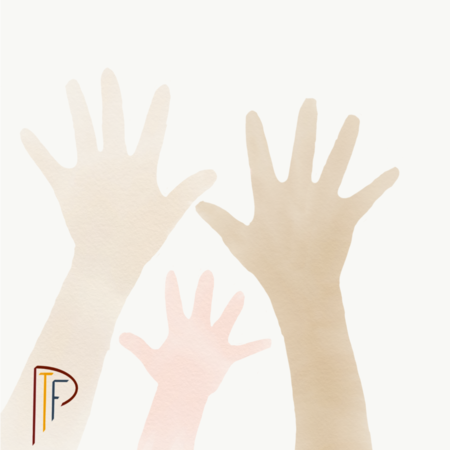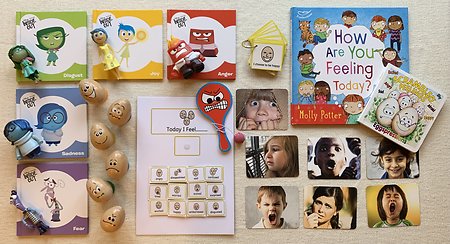Does your child often struggle socially or emotionally?
Do they find it hard to express their feelings constructively?
Do you wish to empower effective communication?
Are there issues that you or your child need support resolving?
You have come to the right place!
About Play Therapy and Counselling
Play Therapy is a form of counselling/psychotherapy designed particularly for children and adolescents. In Play therapy, play is used as a means of communication. It encourages children to effectively express and communicate difficult to understand feelings. Recent research by PTUK suggests that 71% of the children referred to play therapy will show a positive change. Play and creativity operate on impulses from outside our awareness - the unconscious. No medication is used. In play therapy, children will learn to confidently express their feelings and emotions in a constructive as opposed to a destructive manner.
The first recorded use of therapeutic play by Sigmund Freud goes back to 1909 and is later informed by a number of psychological theories. Two major approaches are 'Non-directive play therapy' and 'Directive play therapy'. A skilled practitioner like myself will adopt a mix of both approaches in order to create a safe pathway to the child's inner world aiming to establish healing.
It is a happy talent to know how to play
- Ralph Waldo Emerson
The benefits of play Therapy
- Play therapy is the best form of therapy for children because it is based upon the natural habit of play
- Children acquire responsibility for behaviours and develop more successful strategies.
- Problem solving abilities are enhanced.
- Facilitates respect and acceptance of self and others.
- Allowing the expression of feelings and emotions.
- Cultivates empathy and respect for thoughts and feelings of others.
- Promotes the understanding of diversity.
- Children acquire new social skills and practice relational skills with family.
- Develop self-efficacy and thus a better assuredness about their abilities.
- Facilitating Healing from Past Stressful or Traumatic Experiences.
- Encouraging Creative Thoughts and New Ideas.
- Offers a safe and child-friendly way for children to communicate their needs and emotions.
- Symptomatic behaviour minimisation (such as stomach ache, headaches, anxiousness, depression, bed-wetting, etc.)
- Increases levels of concentration
- Improves school performance including group participation, communication with teachers and peers, listening and response skills and attendance rates
- Sessions are based upon freedom of choice and creativity
The therapeutic environment
Therapeutic playrooms are child-friendly and filled with toys, love and adventures. They offer children a great variety of materials (e.g. clay, sand, water, play-dough, art and craft props etc.) and give them the opportunity to participate in many different activities (e.g. role-play, story-telling, singing and dancing, experimenting with colours and marks etc.) all based upon their individual and unique personalities, likes and dislikes.
The venue in Caplan Court, 1 Grove Rd, Richmond TW10 6SN, offers spacious rooms for play therapy as well as garden facilities that can be used for therapeutic activities with the children at all times.
Within a safe and supportive therapeutic playroom, children begin their journey towards a better understanding of their own feelings and simultaneously gain confidence in expressing difficult emotions in their own special ways.






